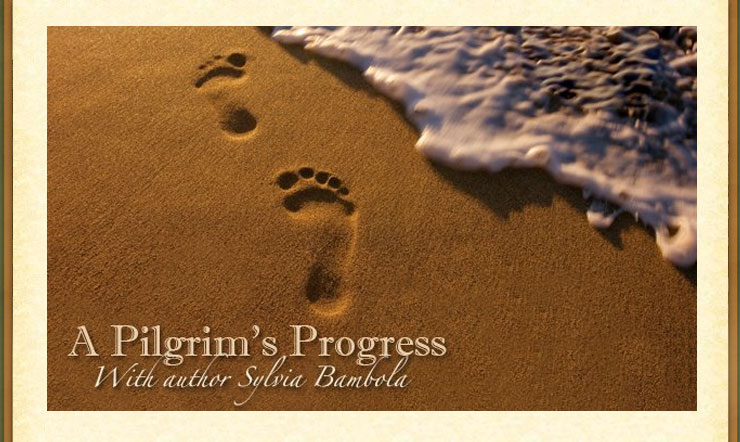Two Sides of Jealousy
Monday, 25 February 2013 18:25:00Here’s a contrast for you. Both Mark 3:1-6 and Luke 6:6-11 talk about how Jesus went into a synagogue on the Sabbath and saw a man with a withered hand. At once the Pharisees perk up. Maybe here was their chance to get something on Jesus! Of course Jesus knew their mind and at once tells the man with the injured hand to stand up. Then Jesus asks “Is it lawful to do good on the Sabbath days, or to do evil? To save life or to kill?” When no one has the courage to answer, Jesus becomes angry because of “the hardness of their hearts,” and at once commands the man, who was probably trembling at this point, to stretch out his poor withered hand. And as soon as he does, his hand is healed. And how did the Pharisees react? They left and took counsel on how to kill Jesus.
What? Kill Jesus for healing on the Sabbath when He had already told them He was Lord of the Sabbath? Not exactly. Then kill Jesus out of jealousy and use this perceived violation of the Sabbath as an excuse? Yes, and that’s exactly what they try to do.
Where does such jealousy come from? The answer is simple: Satan. He used these men to try to prevent Jesus from blessing the man with the withered hand. Jesus had already told these types of Pharisees in John 8:44 that they were of their “father the devil.” And these Pharisees were just acting like their “father.” The truth is, Satan doesn’t want any of us blessed by God. He doesn't want us to have what he cannot. And he'll do all in his powered to keep us from our blessings. He doesn’t want us saved or healed or delivered or prospering in any way. He would prefer to see us lost, sick, tormented and poor in mind and spirit as well as in material matters.
On the other hand, God is jealous, too. In Exodus 20:5 God says, “Thou shalt not bow down thyself to them (graven images), nor serve them: for I the LORD thy God am a jealous God.” It even carries a severe penalty because if you continue reading that same passage, it says “visiting the iniquity of the fathers upon the children unto the third and fourth generation of them that hate me.” But it’s also followed by a promise in verse 6, “and showing mercy unto thousands of them that love me, and keep my commandments.”
God is serious about our relationship with Him. And He wants that relationship to be exclusive, intimate, and deep so He can freely pour out His blessings on us, which are many; the chief among them being His loving presence and fellowship.
Make no mistake. In this life we will be touched by the first type of jealousy or the second. For my part I prefer the second.
Until next time,
Sylvia




